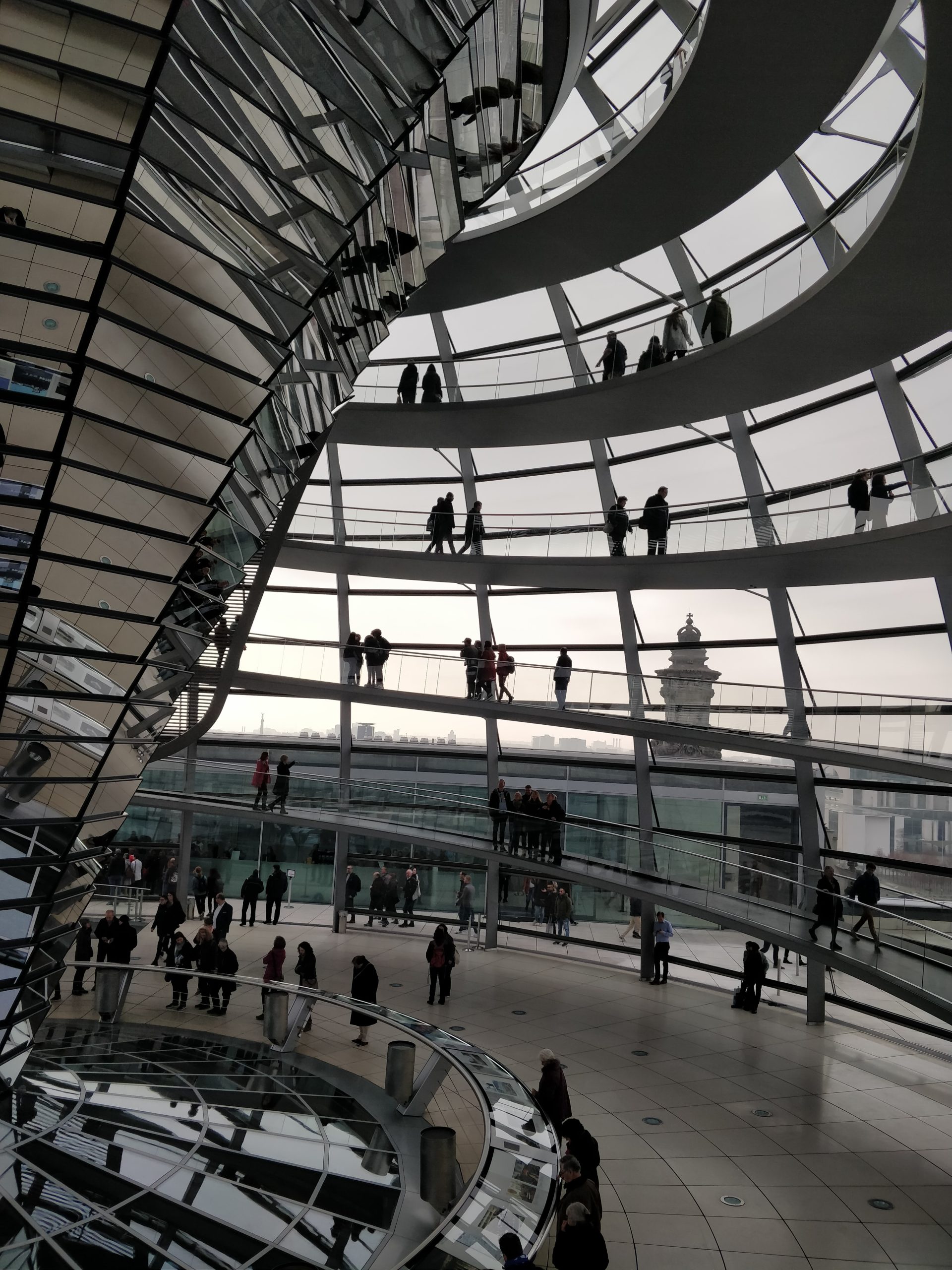Introduction
Welcome to the world of politics where decisions are made behind closed doors and power is wielded by those Inside the Beltway. Curious about what really goes on in the corridors of power? Join us on a journey as we peel back the layers and take you inside some of Washington’s most secretive meetings, revealing what happens when politicians gather to make deals, shape policy, and fight for control. Get ready for an eye-opening look at the wheeling and dealing that drives our nation’s capital!
What Happens in the Beltway?
What Happens in the Beltway?
As the saying goes, “All politics is local.” But what happens in Washington, D.C. – “the beltway” – can have a big impact on our everyday lives. Here’s a look at what really goes on behind closed doors in our nation’s capital.
The federal government is made up of three branches: the executive branch (the President and his administration), the legislative branch (Congress), and the judicial branch (the Supreme Court). Each branch has a different role to play in our system of government, and they often clash with one another as they jockey for power.
The President is the head of the executive branch, and he has a lot of power. He can veto laws that Congress passes, and he appoints judges to the Supreme Court. The President also sets foreign policy, and he is responsible for leading the country during times of crisis.
Congress is made up of two houses: the Senate and the House of Representatives. Senators represent their entire state, while Representatives represent individual districts within their states. Congress has the power to pass laws, approve presidential appointments, and declare war. They can also impeach (bring charges against) the President if they think he has committed crimes while in office.
The Supreme Court is the final arbiter on all legal matters in the United States. They have the power to strike down laws that they deem to be unconstitutional. The Supreme Court is
Who’s Who in the Beltway?
The term “Beltway” is often used to describe the Washington, D.C. metropolitan area, and in particular, the ring of highways that surround the city. The Beltway is also sometimes used to refer to the political culture of Washington, D.C., which is often seen as being out of touch with the rest of the country.
There are a number of important players in the Beltway, including lobbyists, politicians, journalists, and bureaucrats. Each of these groups has a different role to play in the workings of the federal government, and they all have a vested interest in ensuring that things run smoothly in Washington.
Lobbyists are individuals or groups who try to influence government policy on behalf of their clients. They work closely with elected officials and their staffs to ensure that their clients’ interests are represented in any legislation or regulation that comes up for debate.
Politicians are those who hold elected office. They are responsible for crafting laws and policies that will affect all Americans. In order to be successful, politicians must be able to build coalitions and compromise with those who disagree with them.
Journalists play an important role in holding politicians accountable for their actions and informing the public about what is happening in Washington. They report on the activities of Congress and the administration, and they often write opinion pieces about current events.
Bureaucrats are those who work for the federal government in either an executive or legislative capacity. They implement
How Does the Beltway Affect Me?
As a busy professional, you may not have time to pay attention to the inner workings of politics. But what happens inside the Beltway can have a big impact on your life. Here’s a look at some of the ways the Beltway affects you:
1. Your taxes: The decisions made by Congress and the President can impact your tax bill. For example, lawmakers recently voted to extend several tax breaks that will save taxpayers billions of dollars.
2. Your job: The policies enacted by the government can affect businesses large and small, which in turn can impact your job security and salary. For example, recent regulations on Wall Street have led to thousands of job losses in the financial industry.
3. Your retirement: Decisions made about Social Security and Medicare can impact your retirement savings and benefits. Lawmakers are currently debating changes to both programs that could affect millions of Americans.
4. Your health care: The Affordable Care Act is just one example of how government policy can affect your health care. With repeal attempts underway and continued uncertainty about the future of health care reform, it’s more important than ever to stay informed about what’s happening in Washington.
5. Your safety: Federal agencies like the FBI and CIA work to keep Americans safe from terrorism and other threats. The budget for these agencies is set by Congress, so their funding levels can impact how effective they are in keeping us safe
Conclusion
The Beltway is a vast and complex web of political maneuverings and backroom deals, but at its core it has the same objectives as any other branch of government: to create laws that benefit the people. While there are undoubtedly some unsavory aspects to the Beltway’s dealings, this insider knowledge can help citizens understand how their elected officials work on behalf of constituents. Ultimately, we must remain engaged in our public discourse if we want our voices to be heard in Washington D.C., so let this article serve as an encouragement for you to stay informed about what goes on inside that mysterious beltway bubble!









